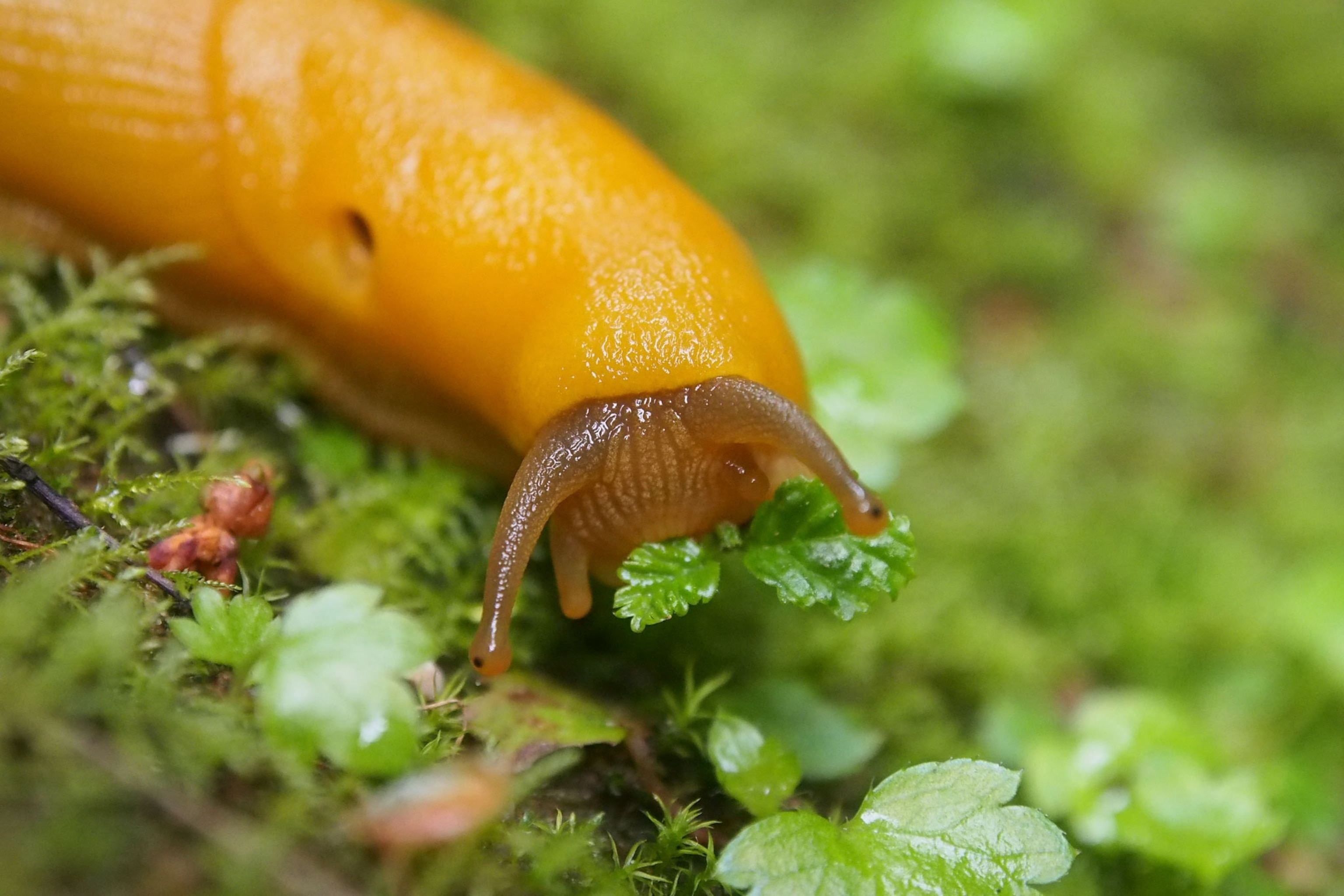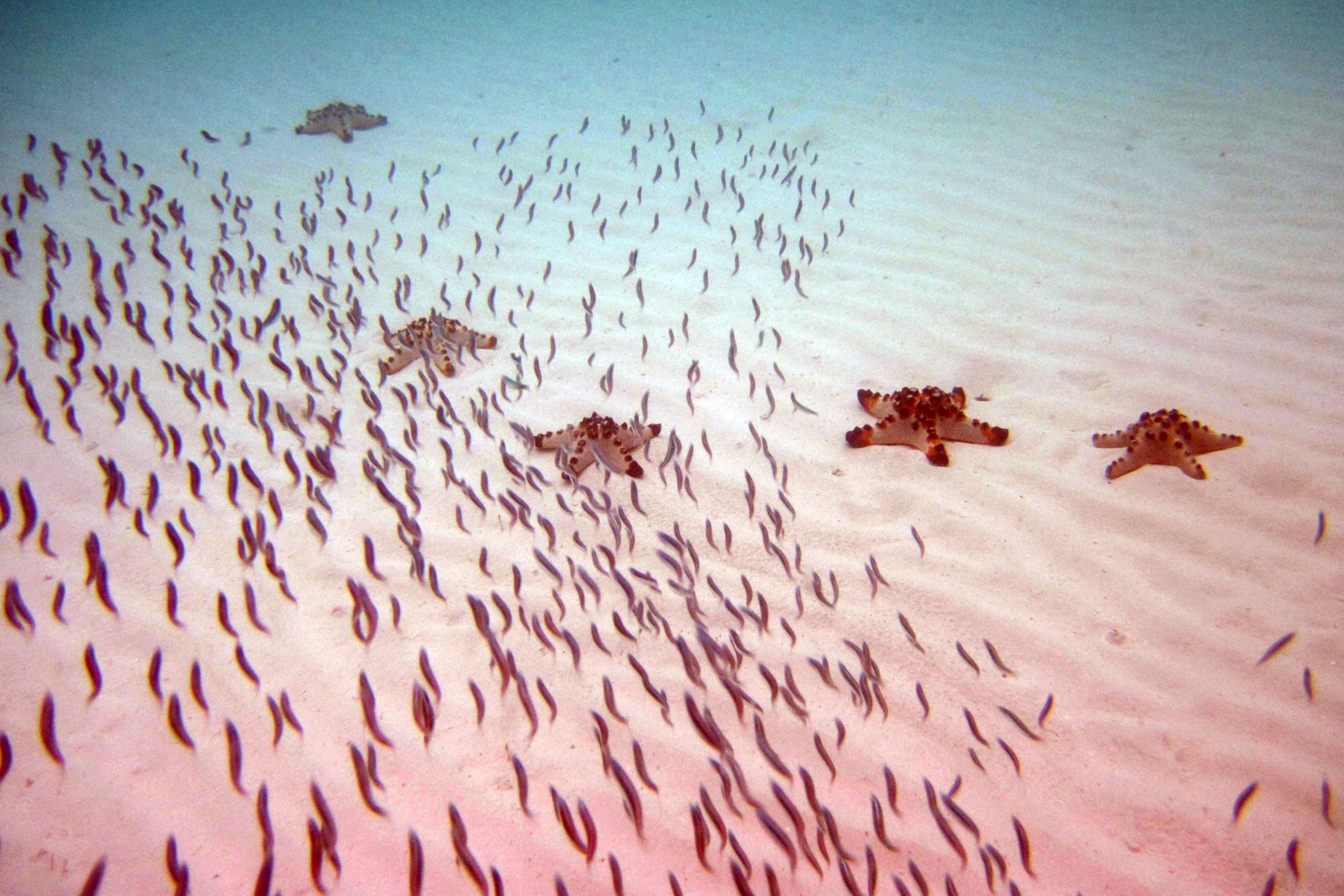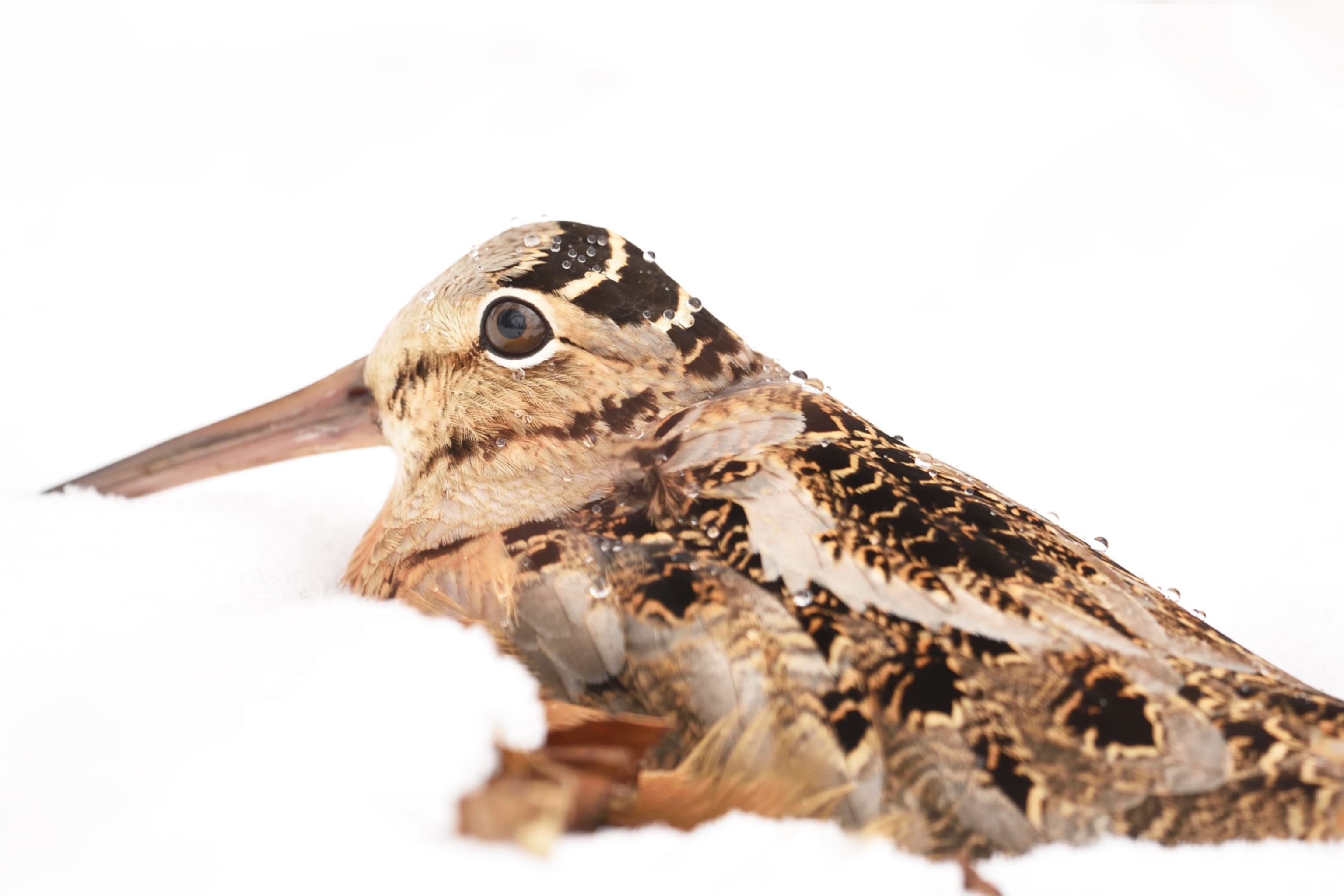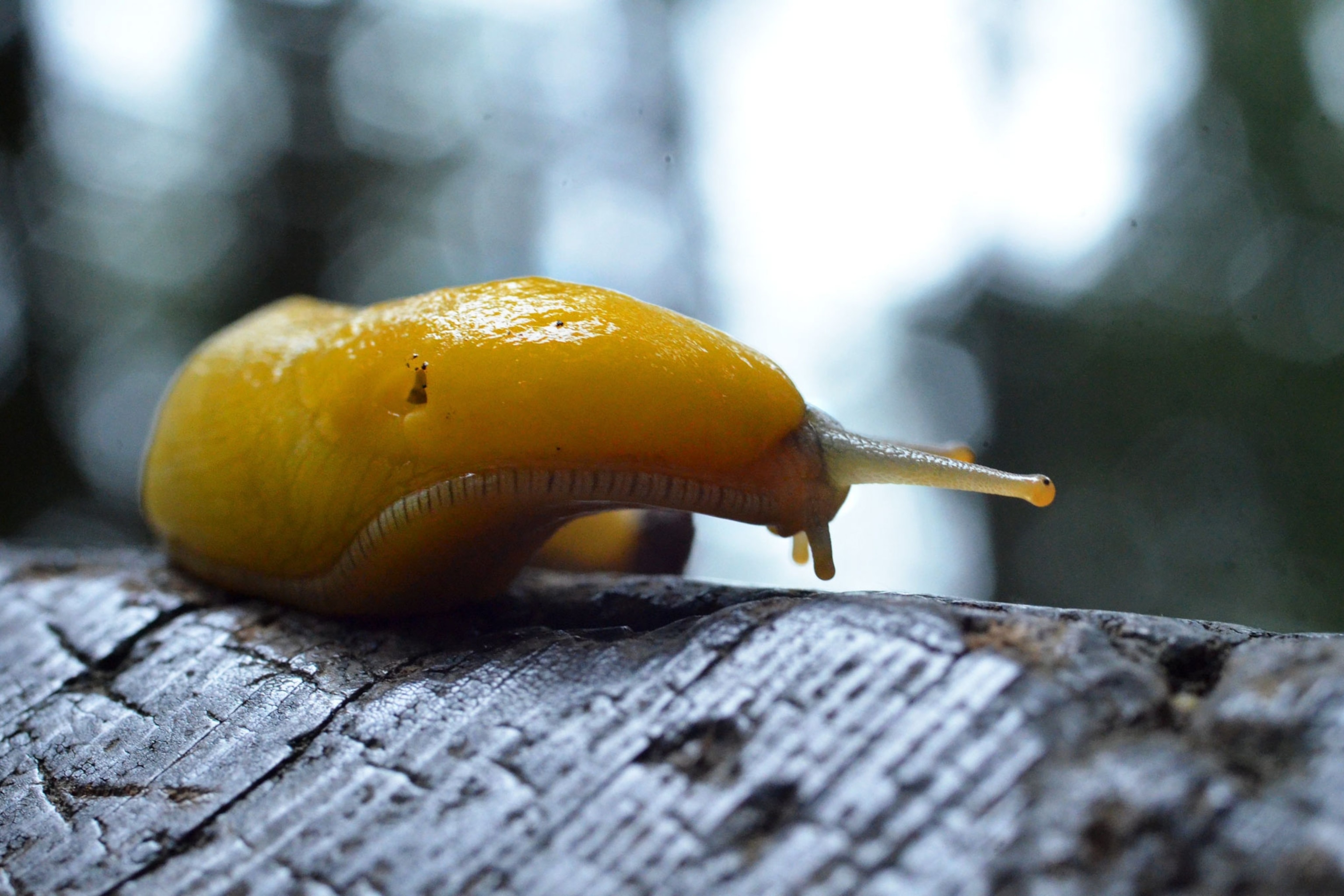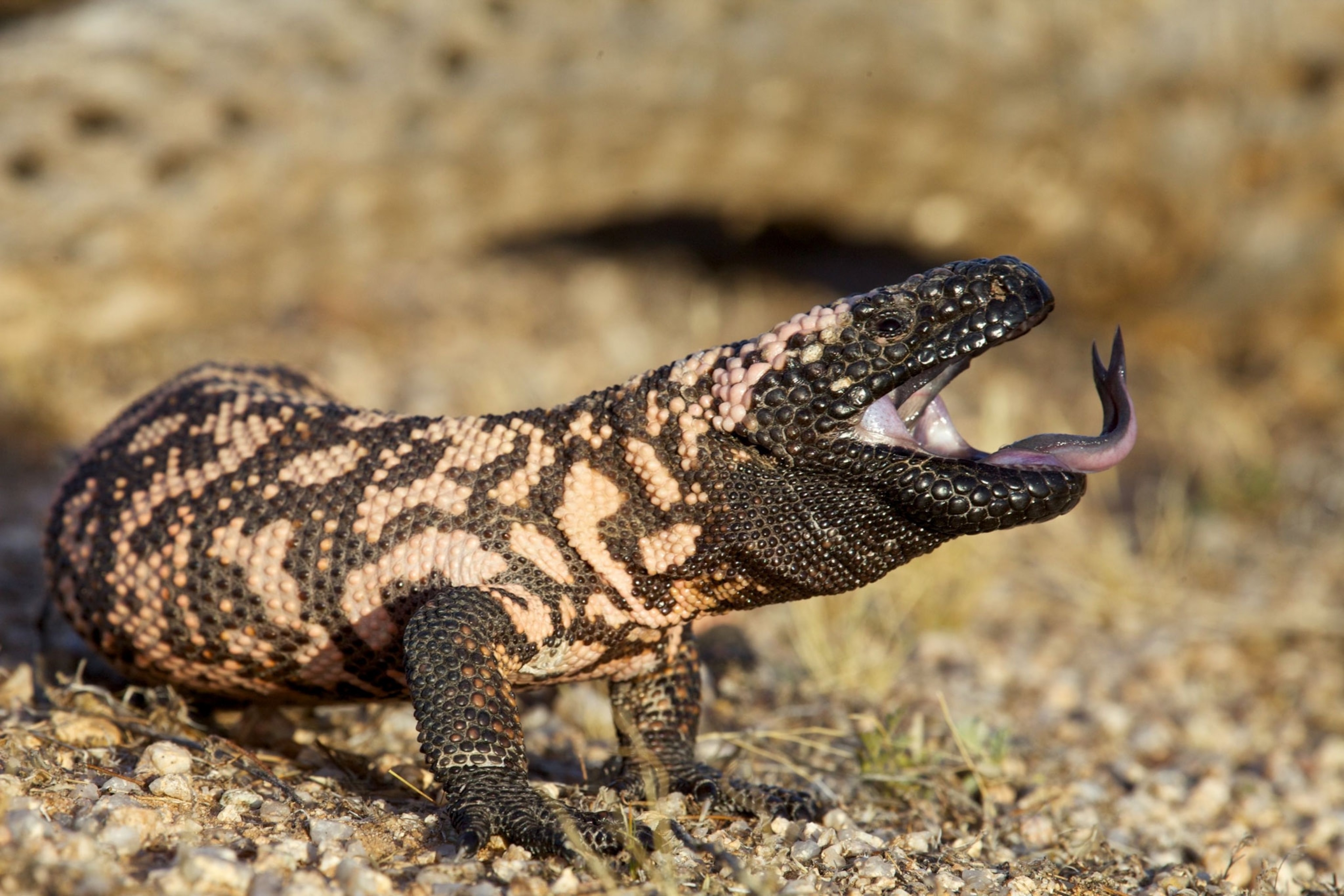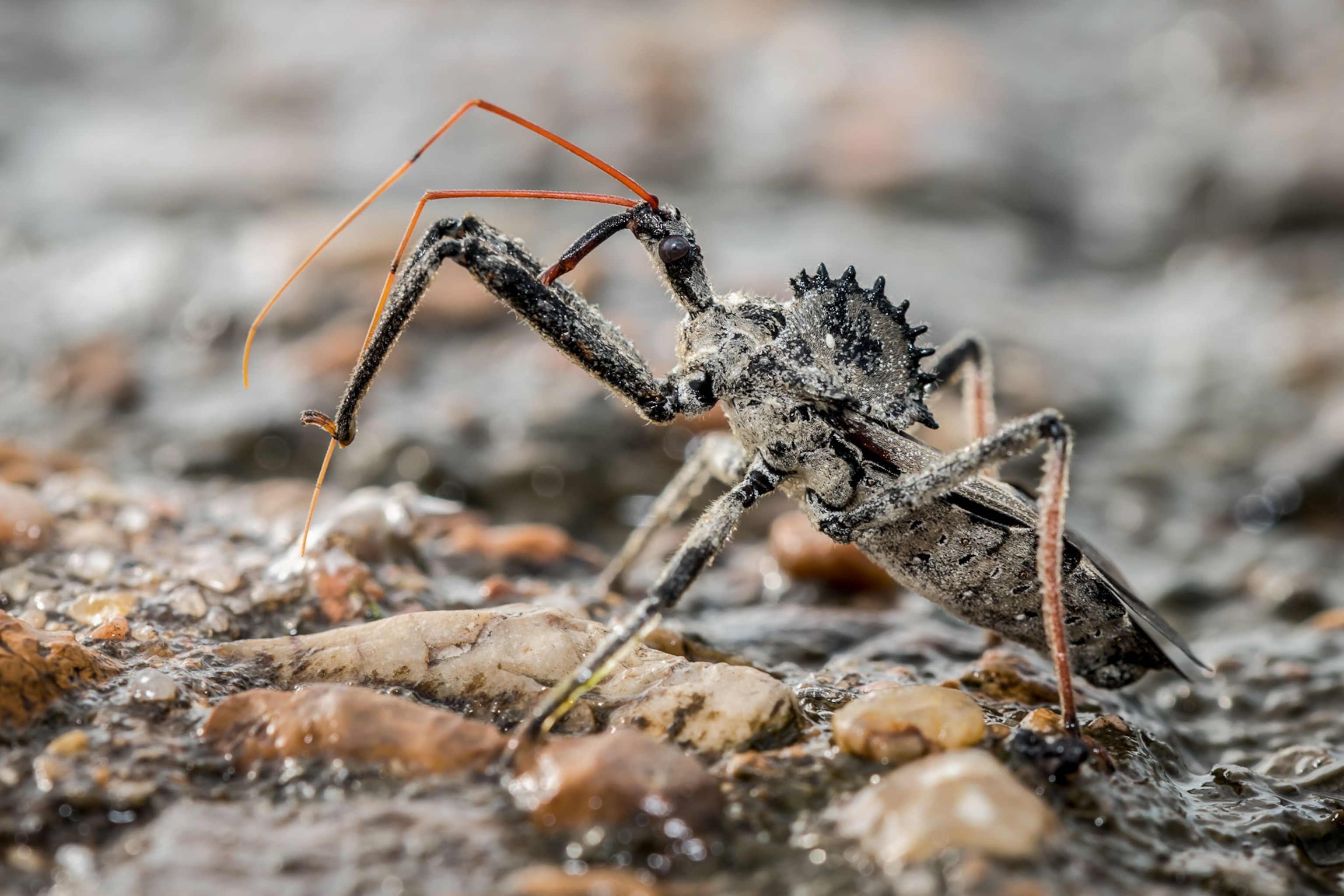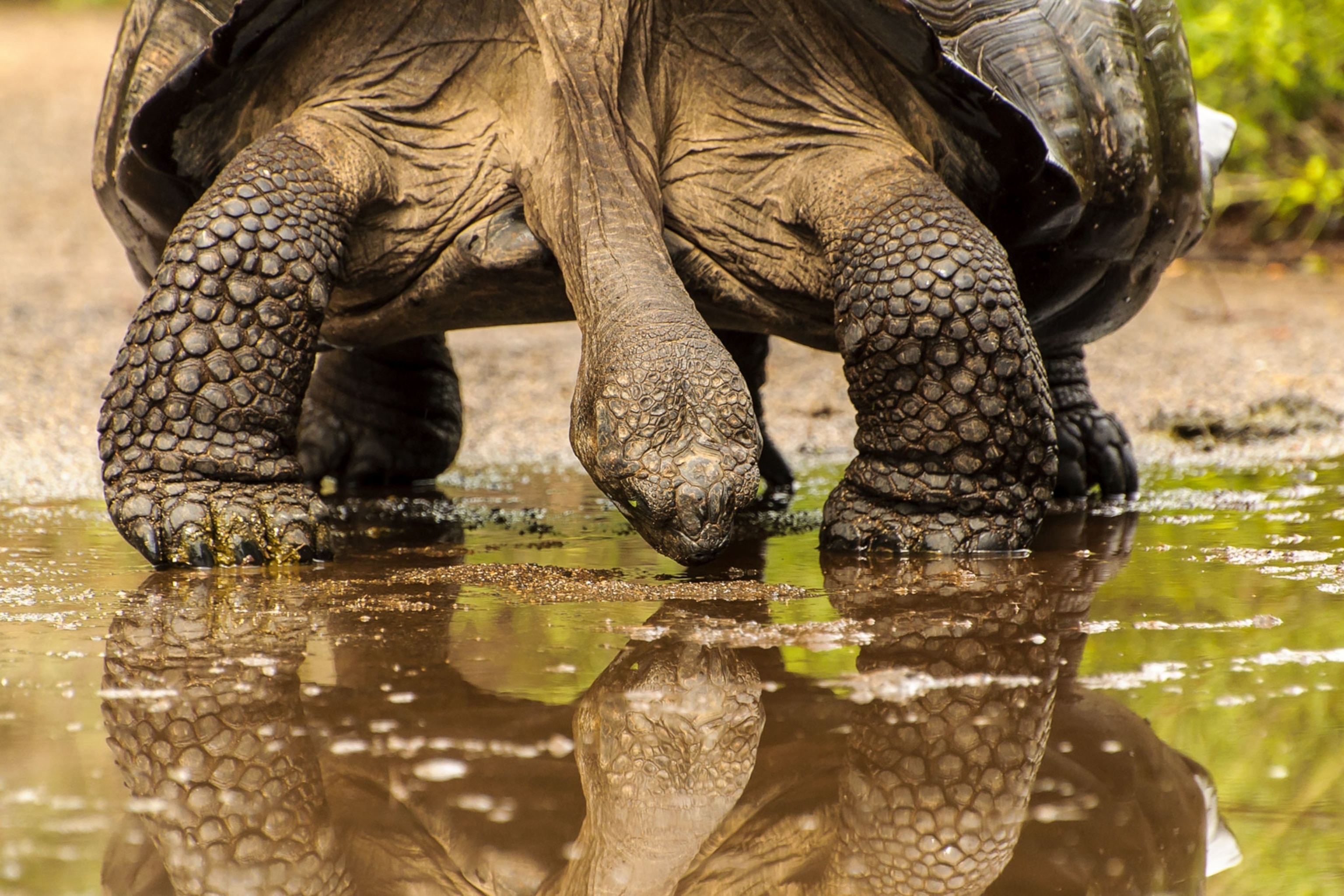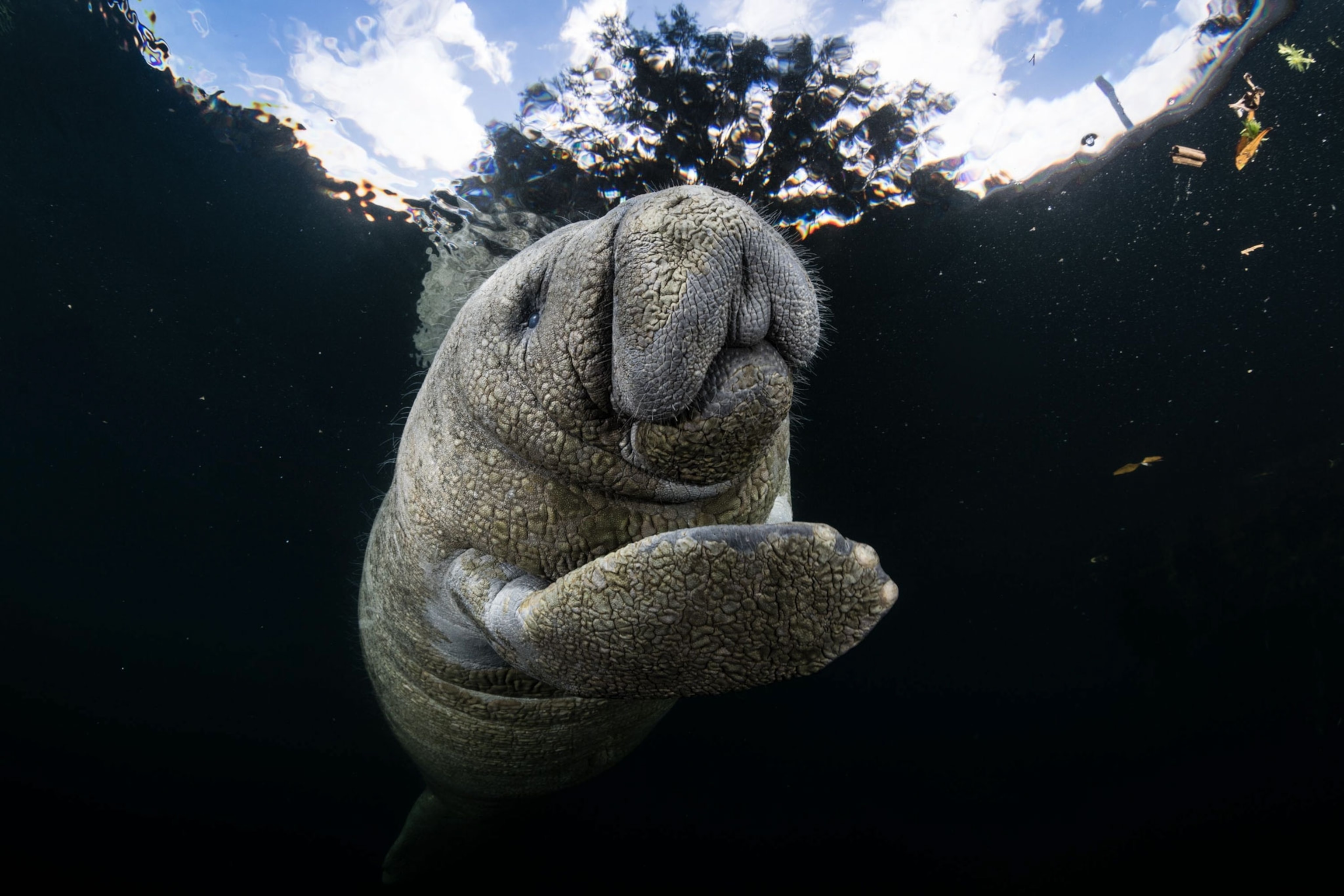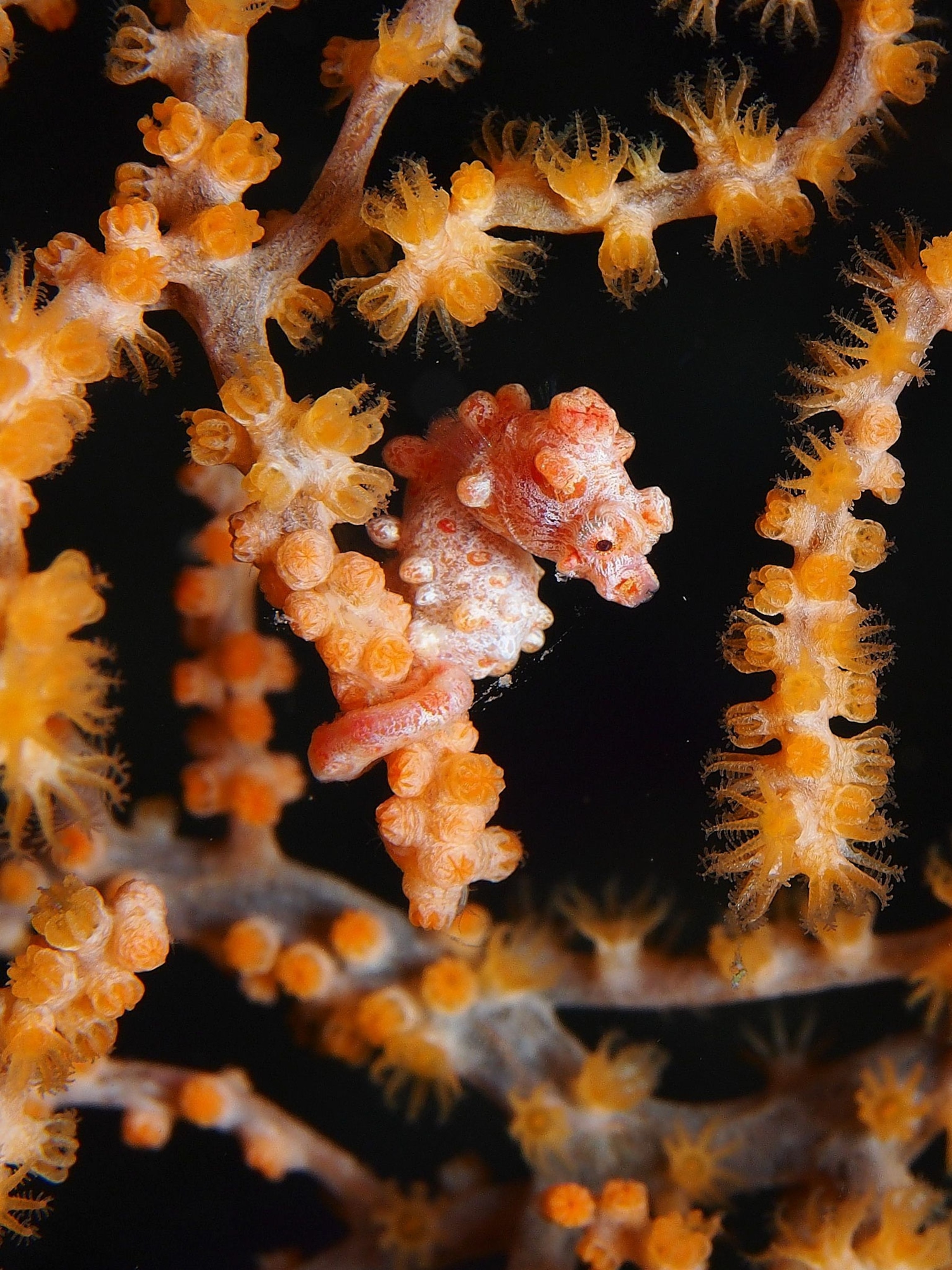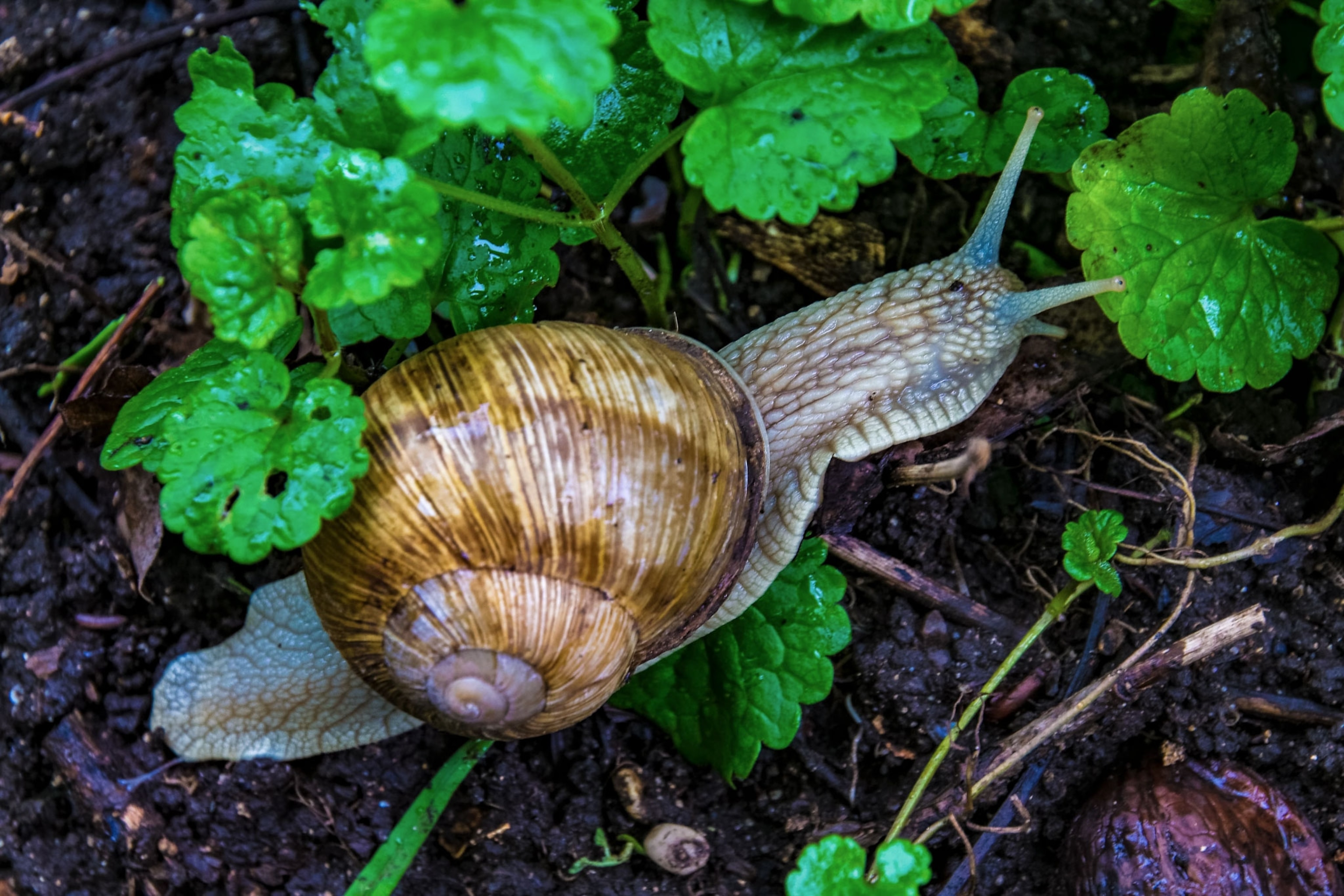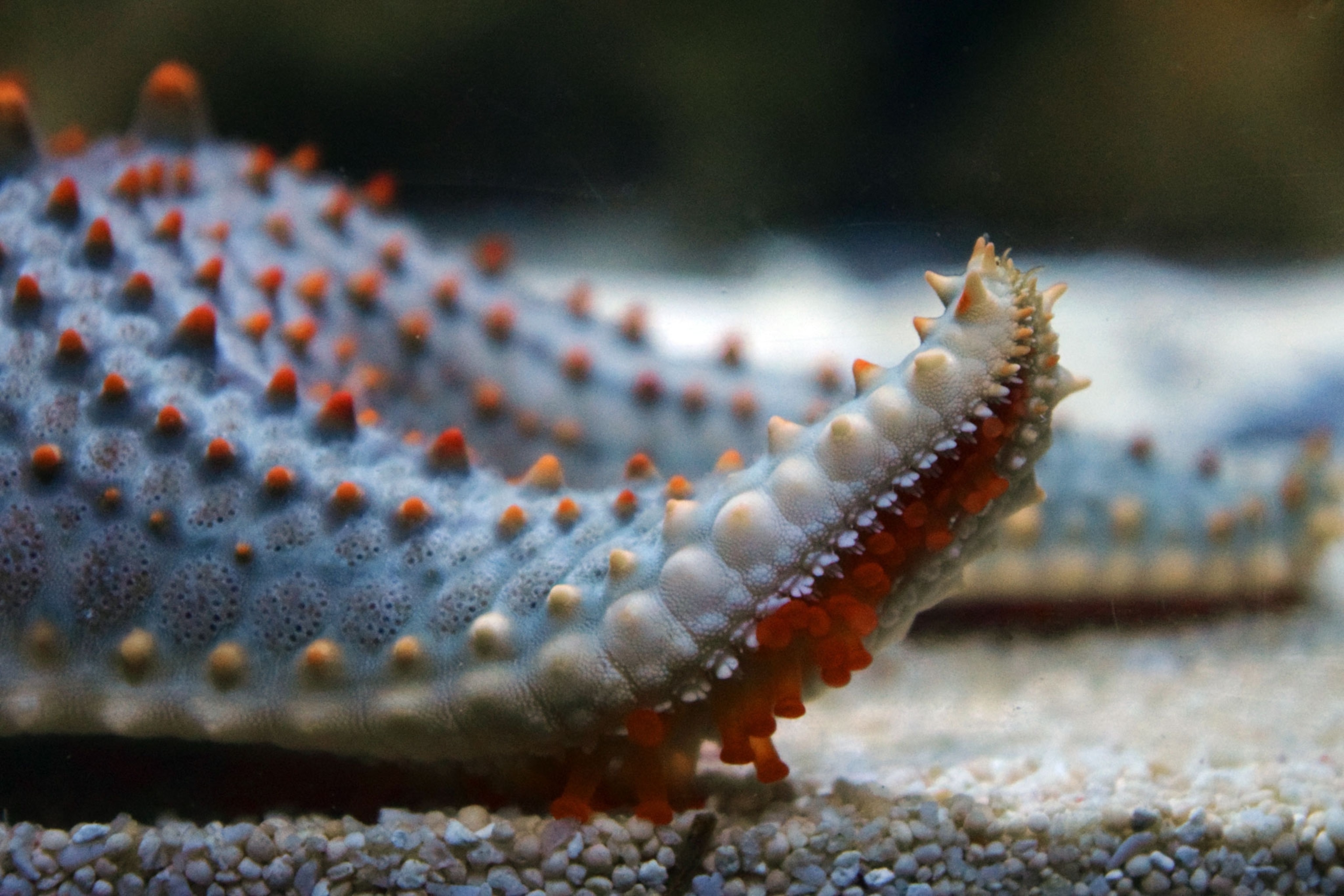Sloths really are that strange, doing many things that other mammals do not.
The creatures move only sparingly, like crocodiles. They rarely defecate, like snakes. They can’t move their eyes without moving their heads, like owls. And their fur is often covered in algae, like, well, a rock. Or a turtle.
And now a new study published this month in the journal PeerJ finds that three-fingered sloths do another thing that’s highly unusual for a mammal—their metabolism shuts down when they get too hot or cold. This helps explain why the animals move so slowly: Sometimes, at extremes of temperature, they'd rather not move at all.
This is bizarre because when other large mammals experience extreme temperatures, they tend to use lots of energy. Shivering, for instance, creates heat, while sweating and panting help cool off—but all of these burn up calories.
“Maintaining that comfortable internal temperature for a mammal takes up a huge proportion of our daily energy,” says Rebecca Cliffe, founder of the Costa Rica-based Sloth Conservation Foundation and lead author of the study.
But sloths already live on a “metabolic knife edge,” says Cliffe, with very little margin of error between how much energy they can take in and how much energy they spend on a daily basis. They only eat a few types of leaves, which are poor in nutrition and take up to a month to digest. As such, they cannot afford to spend lots of energy each day regulating their body temperature. Or moving quickly, for that matter.
“While we don’t know exactly how they are doing this,” says Cliffe, “to our knowledge this is the first physiological evidence of a mammal quickly invoking reversible metabolic depression without entering a state of torpor [or] hibernation.”
Like Reptiles, Sort Of
To better understand how sloths work, so to speak, Cliffe and her coauthors put eight three-fingered sloths into individual chambers to measure their oxygen usage—a common experiment for investigating how animals use energy. Then, the team exposed the sloths to changes in temperature like they would experience daily in the rainforest.
Before the experiment, Cliffe says she fully expected the sloths to perform like reptiles. In other words, she expected them to use very little energy when it was cold but progressively more energy as the room warmed up.
This is because Cliffe’s previous research had found that this species eats more when it’s warm, suggesting that they may be able to digest food faster at higher temperatures. Furthermore, scientists have observed that these animals will often climb high into the canopy each morning to bask in the sun, which is presumably how an animal without the ability to shiver warms itself up.
And in the beginning, the sloths performed as expected, slowly consuming more oxygen as the chamber warmed. However, as the temperature rose beyond 86 degrees Fahrenheit, the sloths started ratcheting their energy usage back down.
If sloths need heat to process their food, why would they slow down when things really started to cook?
Cliffe thinks it’s the only way the animals can keep from burning out in the tropical sun.
“You depress your metabolism and you just sit still and wait for the heat to pass,” she says. “So it does make sense, but it was totally unexpected.”
Like Birds, Sort Of
Roberto Nespolo, an evolutionary biologist at the Austral University of Chile, says the new findings are interesting, but they remind him not of a mammal or a reptile. Instead, the research makes him think of birds.
King penguins, for instance, seem to forgo the energy necessary to warm their stomachs while on deep hunting dives, and it’s been hypothesized that these energy savings allow them to stay underwater for much longer than the birds should be physically capable of. Could the sloths be utilizing a similar trick?
Nespolo pointed also to the many species of mammal that experience a daily torpor—a quick, temporary hibernation that allows them to survive temperature fluctuations or food shortages. The colocolo opossums he’s studied in the southern reaches of the Andes, for instance, actually spend most of their days in torpor only to wake up at night and hunt for insects and fruit. This mouse-sized species also hibernates during the winter, relying on fat stored up in its tail.
But even here, there’s a key difference. When animals enter torpor or hibernation, their body temperatures tend to drop dramatically and they become unresponsive. To be frank, they kind of look like they’re dead, says Nespolo.
However, the sloths in the study didn’t experience large drops in body temperature, and they remained awake and aware. This also makes sense, says Cliffe.
“A sloth does not have a burrow to retreat to, or even a hole in the tree trunk, as they are too large, and so they are always exposed and vulnerable to predation. Avoiding detection is their only survival strategy, and as such they are always tuned into their surroundings,” she says.
When asked if sloths are more like mammals or reptiles, Cliffe is equivocal.
“I don’t think they can be categorized. I think they fall right in the middle,” says Cliffe. “They do their own thing, don’t they?”






